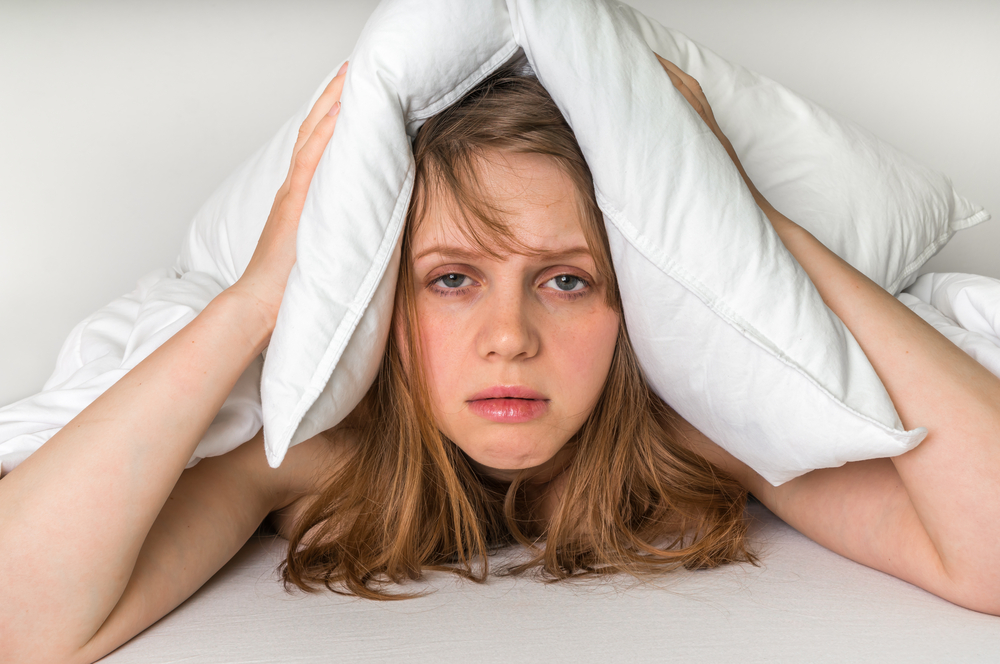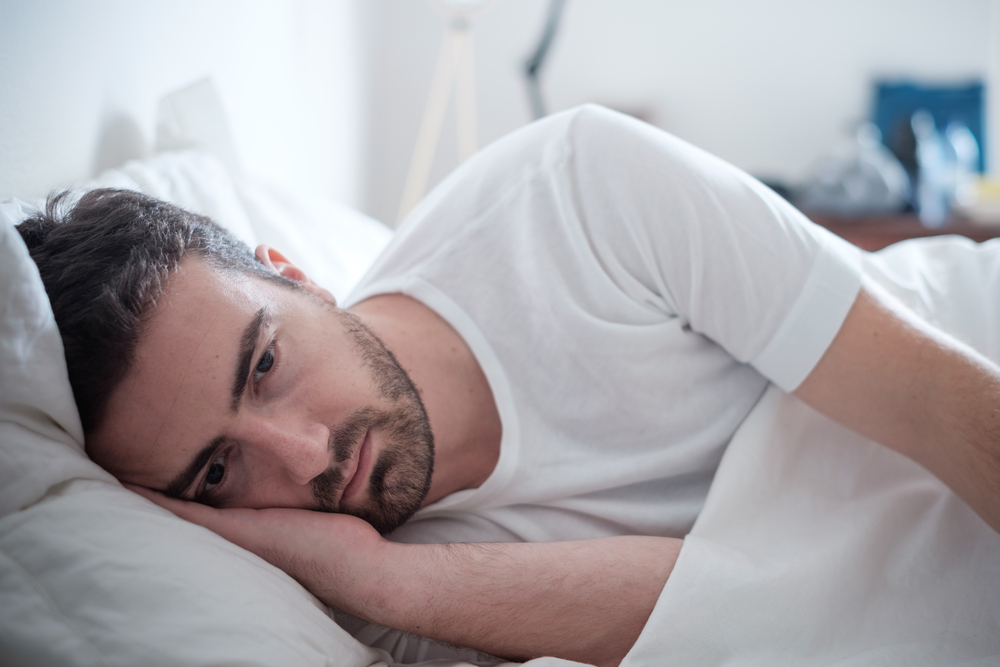 |
| ▲ Photo Source: Pixar Bay |
It has been found that taking less than nine hours of sleep increases the chances of getting obese.
Obesity is a major contributor to a variety of diseases, and since 1980 the global obesity population has more than doubled. This also means that various diseases have increased as much. Sleep and obesity
According to a new study released recently, people who sleep less than nine hours are more at risk of becoming overweight. If you do not get a good night's sleep, your waist circumference will increase more. The University of Leeds, UK, obtained 1615 adults with their sleep and food intake patterns.
The researchers measured blood sampling, weight, and waist size and then compared them to sleep patterns. As a result, those who took an average of 6 hours of sleep had a waist circumference at least 3 cm more than those who slept for more than nine hours.
In addition, sleep deprivation is closely related to a decrease in HDL, a good cholesterol. HDL cholesterol is a substance that helps prevent heart disease by removing bad fats in the body, but when you do not get enough sleep, it will decrease.
The research team's Laura Hardie stressed the importance of sleep. Based on the results of the study, he explained that sleeping is a very important factor in the fact that fewer people are more likely to become overweight or obese.
Sleep time varies from person to person, but an average of 7 to 9 hours is most appropriate for adults. In fact, if you sleep for less than 7 hours, you will get an average of 385 kcal the next day, according to researchers at King's College London. Sleep and calorie intake There is another study of sleep and obesity. A team led by Professor Gadaporte, a nutritionist at King's College in England, conducted a study of the relationship between sleep and food. All 172 applicants were divided into two groups: one group had limited sleep time and the other group had no sleep time limit. And analyzed the food they ate for the next 24 hours.
A comparison of the two groups found that people in low-sleep groups eat a lot of high-calorie foods such as cookies, donuts, and cookies. Thus, the additional calories they ingested were 385 calories. This was the same as eating more rice than one group without sleep restriction.
 |
| ▲ Photo Source: Pixar Bay |
Professor PORT said, "When sleep is insufficient, it can not help but flesh out." "The lack of sleep promotes calorie intake," Professor Port said. "It seems to me that the old saying that you are getting up early and sleeping early is correct." Sleep and Health Conclusions: Sufficient sleep helps prevent obesity and maintain health. The National Sleep Foundation in the United States has recommended that sleep is very important to maintain good health.
Matthew Walker, a professor at the University of California's Sleep Research Center, conducted a survey of modern sleep deprivation. As a result, 39% of all survey participants were sleeping less than 7 hours. This is less than the recommended sleeping time of 8 hours, Matthew advised that sleep deprivation is fatal to health.
Professor Walker pointed to the alarm clock as a culprit, especially for health. He explained that alarm clocks artificially manipulate the biorhythm to adversely affect metabolism. "Alarms call for irregular lifestyles and cause obesity," Walker said. "The most important thing for health is enough sleep." "If you have to get up early in the morning, it's better to go to bed early the night before the alarm," he added.


